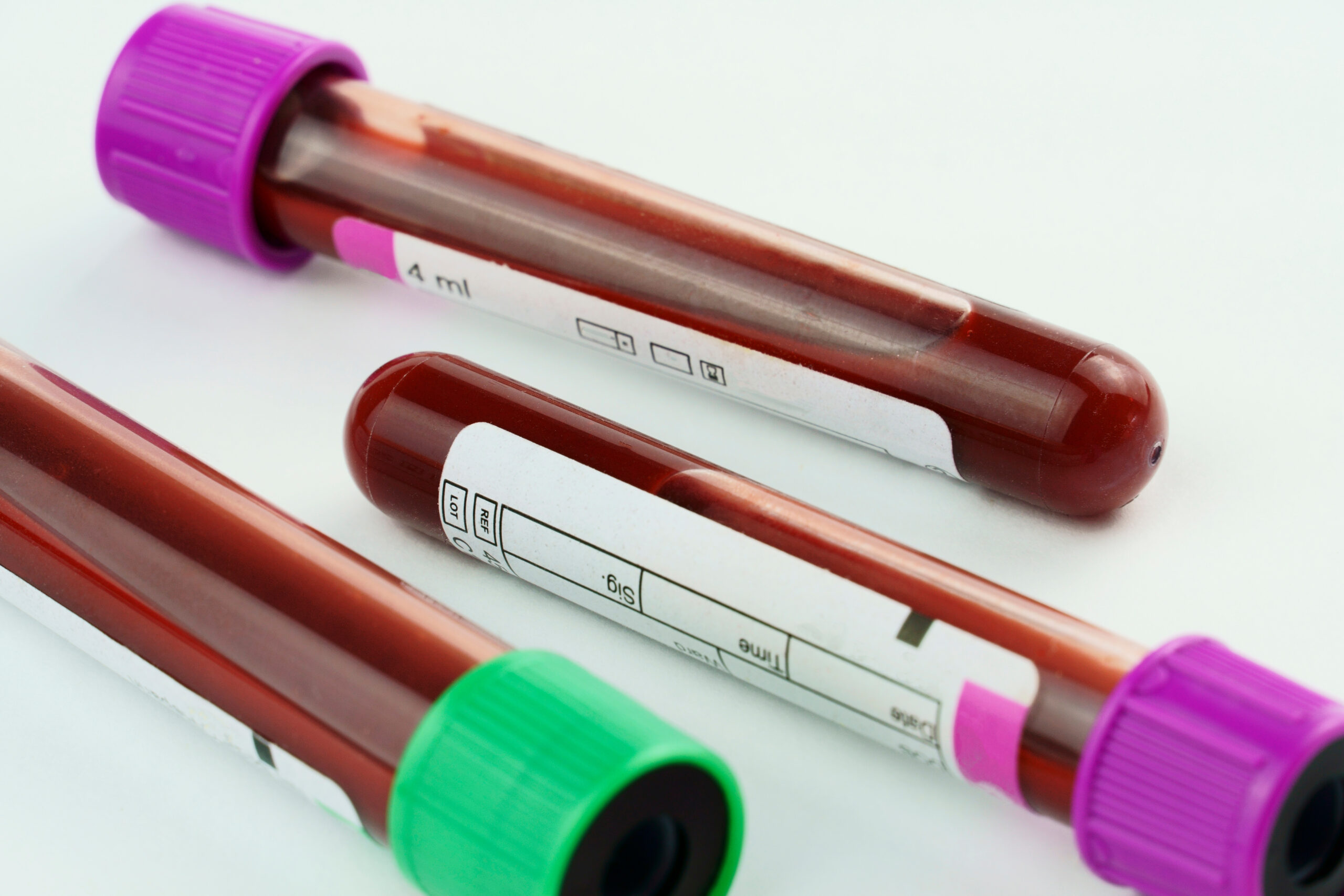
Haematology
Haematology (also spelled as ” Hematology”) is the branch of medicine and biology that focuses on the study, diagnosis, treatment, and prevention of disorders and conditions related to blood and blood-forming tissues. It encompasses a wide range of topics, including the study of blood cells, their production, their functions, and their associated diseases. Hematology plays a crucial role in understanding and managing various disorders that affect blood and the hematopoietic system.
Our Haematologists offer to you the best analysis of blood and blood product to help with your health. Our blood banking on the other hand, offers the safest blood available.
Who should test for diabetes
Diabetes is a chronic medical condition characterized by high blood sugar (glucose) levels, and early detection and management are essential for preventing complications. Testing for diabetes is recommended for individuals who have specific risk factors or symptoms that may indicate the presence of the disease. Here are some guidelines on who should be tested for diabetes:
Diagnosing and Managing Diabetes
Diagnosing and managing diabetes are critical to prevent complications and maintain good health. Diabetes is a chronic condition characterized by high blood sugar (glucose) levels due to insufficient insulin production (Type 1 diabetes) or the body’s inability to use insulin effectively (Type 2 diabetes).
Diagnosis
Diagnosis
Fasting Blood Sugar: A fasting blood sugar level of 126 milligrams per deciliter (mg/dL) or higher on two separate occasions indicates diabetes.
Diagnosis
Diagnosis
The primary method of diagnosing diabetes is to measure blood sugar levels. Fasting blood sugar, oral glucose tolerance test (OGTT), and hemoglobin A1c (HbA1c) tests are commonly used.
Symptoms
Diagnosis
Symptoms: If an individual has classic symptoms of diabetes, such as frequent urination, excessive thirst, unexplained weight loss, and fatigue, coupled with high blood sugar levels, a diabetes diagnosis may be made.
Managing Diabetes
Managing Diabetes
Medical Care: Regular checkups with healthcare providers, including endocrinologists, diabetes educators, and registered dietitians, are essential. They can monitor your condition, provide guidance, and adjust treatment as needed.
Managing Diabetes
Managing Diabetes
Blood Sugar Monitoring: Regular self-monitoring of blood sugar levels using a glucose meter helps you understand how food, exercise, medication, and other factors affect your blood sugar. This information is crucial for making informed decisions about managing your diabetes.
Managing Diabetes
Managing Diabetes
Healthy Eating: A balanced diet, rich in whole grains, lean proteins, fruits, vegetables, and healthy fats, is important. Monitoring carbohydrate intake is especially crucial for managing blood sugar levels.
Managing Diabetes
Managing Diabetes
Medications and Insulin: Some individuals with Type 2 diabetes may require oral medications or insulin injections to help manage blood sugar levels. Type 1 diabetes always requires insulin therapy.
